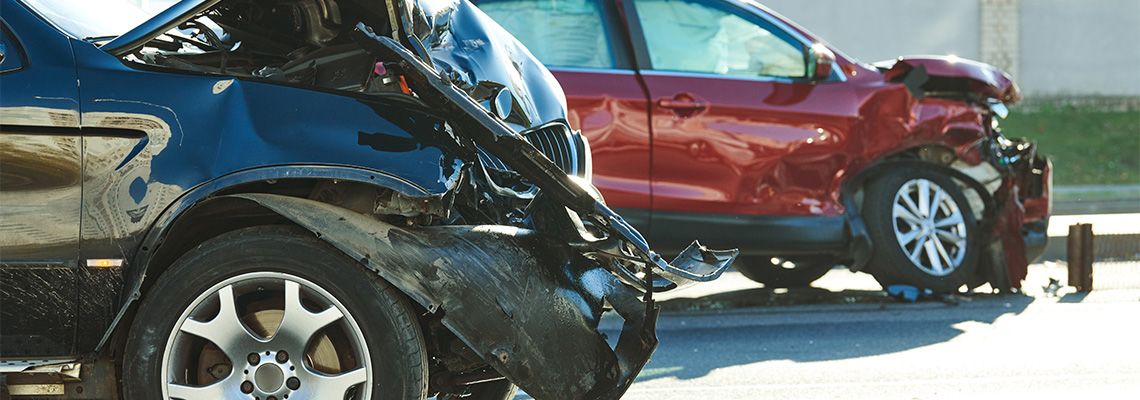
DON’T Call Them Accidents
An online publication called Vox published an interesting article on April 18 of this year. The author noted that more than 31,000 people died in car crashes on America’s roads in the first nine months of 2021 which was a 12% increase over the previous year. It was also the highest percentage increase during the first nine months of a year since the National Highway Traffic Safety Administration started tracking the numbers. The author was concerned, and rightfully so, that using the word “accident” sort of implies that there’s nothing that can be done about this slaughter. It is a fact that humans make mistakes all the time and the author noted that the word accident in itself is a contradiction because “it has two definitions: one is a random event, and the other is a harmful event. So an accident is unpredictable, but with a predictable outcome.” The author also pointed out that there is a huge racial and economic disparity between those who get seriously injured or killed in so-called accidents. Indigenous people are more than twice as likely as white people to be killed by a car crossing the street, and Black people are more than twice as likely to die in an accidental house fire than white people.
The author also discusses what is referred to as “victim blaming.” We do this because “it is a comfort because it’s a way of feeling in control of an uncontrollable situation. This is an incredibly strong urge because there are a few things more disquieting to us than not having control. In that disquiet, we search for the simplest and quickest and nearest cause, and the simplest and quickest and nearest cause is always the last person who made the mistake.” The author went on to note that “the urge to blame victims is a way to say, ‘not me, couldn’t happen to me. I wouldn’t have made those decisions.’ It gives us quite a bit of space from this thing that terrifies us.”
In the article the author is asked what we should do to reduce the carnage on our roads and these preventable accidental deaths and injuries. He concluded that “we should be pushing for the re-funding and the reviving of our regulatory agencies, to reign in corporate power and to put a cost on accidental death. Every time someone dies on a corporation’s watch, whether in an unsafe car, on the roads, or in an unsafe workplace, there should be a major cost that makes it no longer feasible for them to continue.” And that, dear reader, is what personal injury lawyers do.
